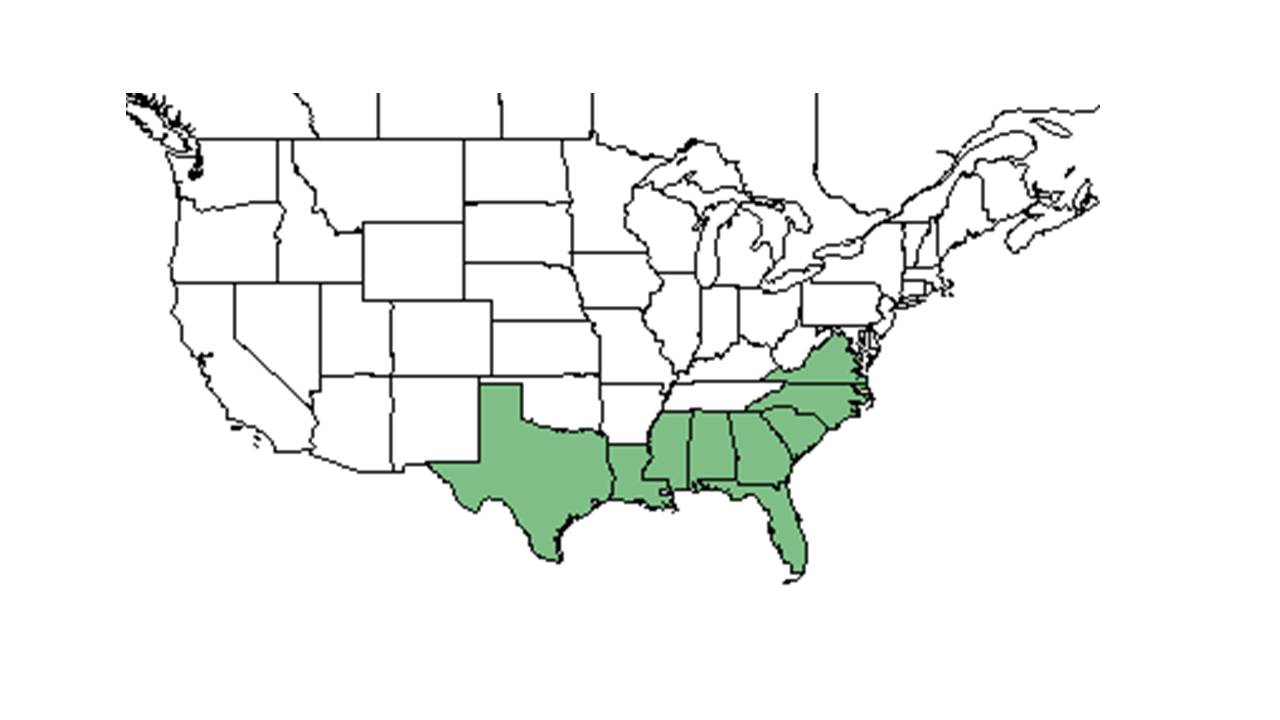Difference between revisions of "Ludwigia pilosa"
(→Description) |
|||
| Line 24: | Line 24: | ||
==Ecology== | ==Ecology== | ||
===Habitat=== <!--Natural communities, human disturbed habitats, topography, hydrology, soils, light, fire regime requirements for removal of competition, etc.--> | ===Habitat=== <!--Natural communities, human disturbed habitats, topography, hydrology, soils, light, fire regime requirements for removal of competition, etc.--> | ||
| + | |||
| + | This species can be found in marshes, open meadows, seepages, cypress-gum ponds, bogs, open pinewood lands, as well as edges of hammocks in wet, peaty, loamy sand and mud (FSU Herbarium). It also has been observed in human disturbed areas such as lawns, ditches, clear cut pinewoods, along roadsides, edges of pine plantations, along canals, and near parking areas (FSU Herbarium). | ||
| + | |||
===Phenology=== <!--Timing off flowering, fruiting, seed dispersal, and environmental triggers. Cite PanFlora website if appropriate: http://www.gilnelson.com/PanFlora/ --> | ===Phenology=== <!--Timing off flowering, fruiting, seed dispersal, and environmental triggers. Cite PanFlora website if appropriate: http://www.gilnelson.com/PanFlora/ --> | ||
===Seed dispersal=== | ===Seed dispersal=== | ||
Revision as of 11:36, 20 July 2015
| Ludwigia pilosa | |
|---|---|

| |
| Scientific classification | |
| Kingdom: | Plantae |
| Division: | Magnoliophyta - Flowering plants |
| Class: | Magnoliopsida – Dicotyledons |
| Order: | Myrtales |
| Family: | Onagraceae |
| Genus: | Ludwigia |
| Species: | L. pilosa |
| Binomial name | |
| Ludwigia pilosa Walter | |

| |
| Natural range of Ludwigia pilosa from USDA NRCS Plants Database. | |
Contents
Description
Common name: hairy primrose-willow
Distribution
Ecology
Habitat
This species can be found in marshes, open meadows, seepages, cypress-gum ponds, bogs, open pinewood lands, as well as edges of hammocks in wet, peaty, loamy sand and mud (FSU Herbarium). It also has been observed in human disturbed areas such as lawns, ditches, clear cut pinewoods, along roadsides, edges of pine plantations, along canals, and near parking areas (FSU Herbarium).